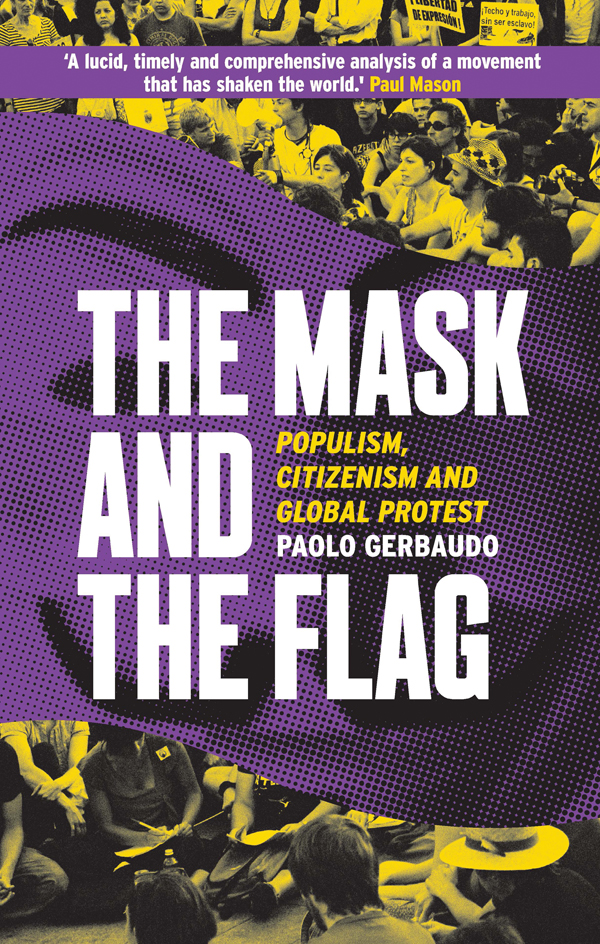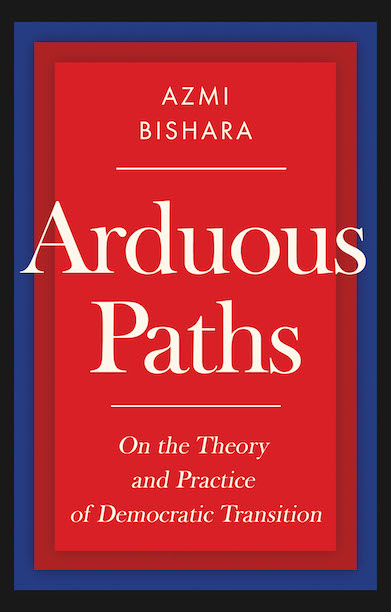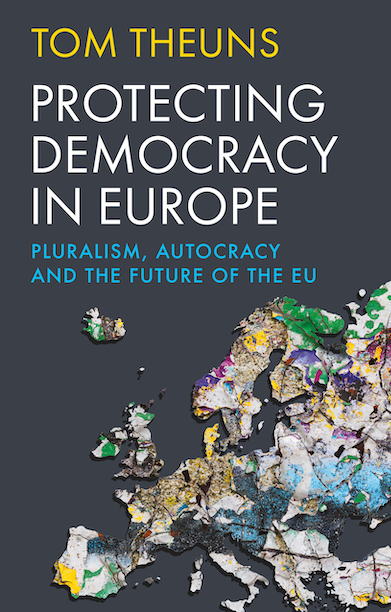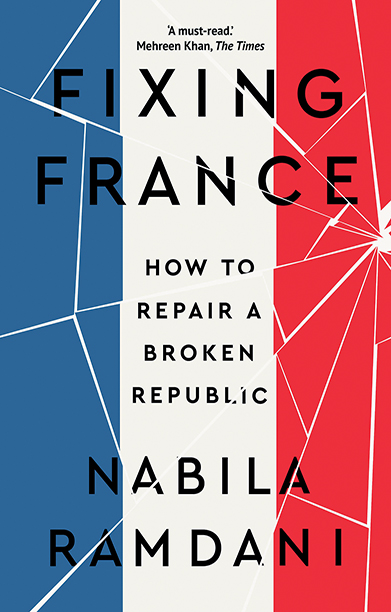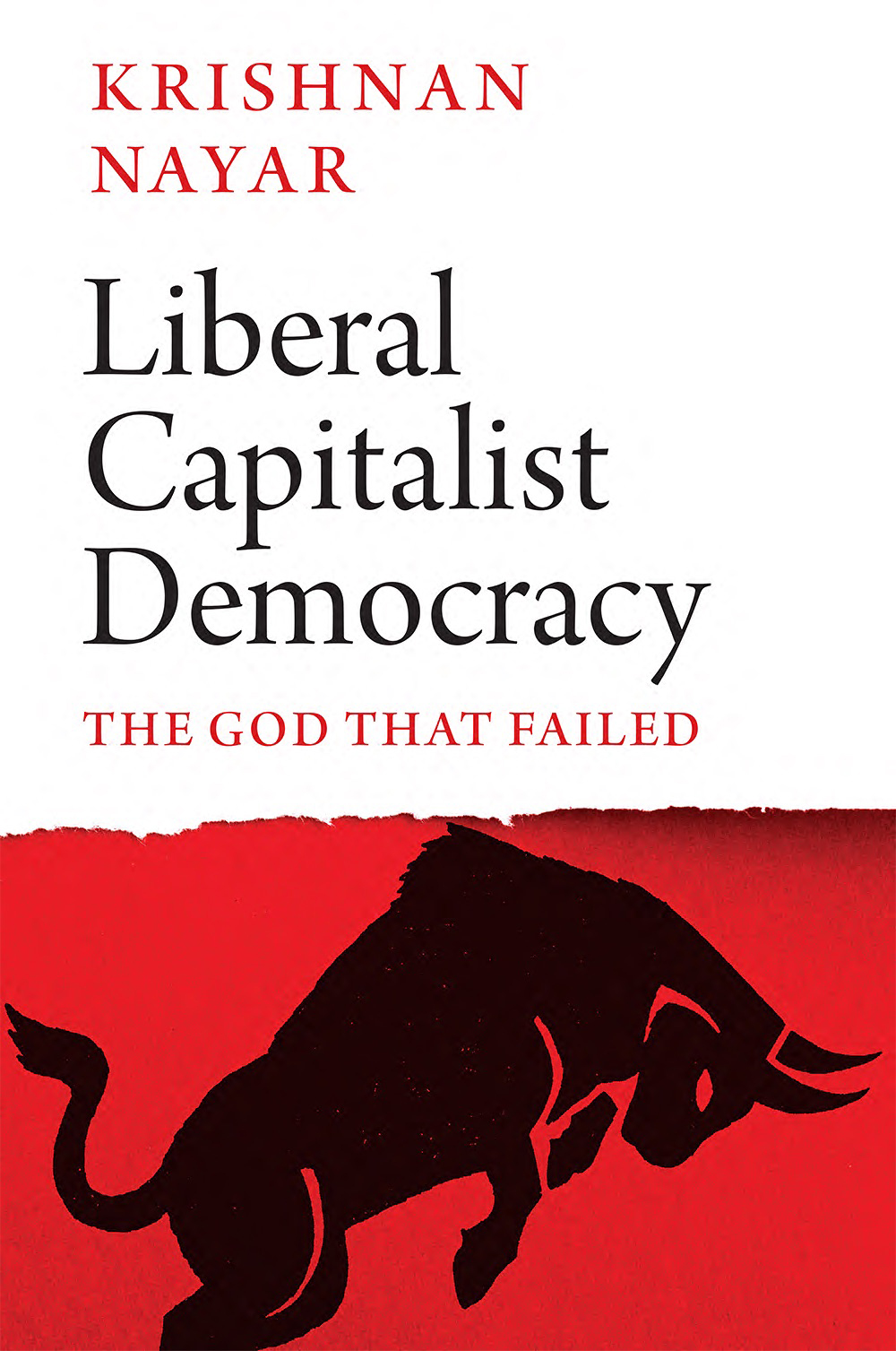The Mask and the Flag
Populism, Citizenism and Global Protest
The populist turn of the Occupy wave, its political ramifications and contradictions, are the connected themes of this timely analysis.
Description
From the Arab Spring to the Spanish Indignados, from Occupy Wall Street in New York to Nuit Debout in Paris, contemporary protest bears the mark of citizenism, a libertarian and participatory brand of populism which appeals to ordinary citizens outraged at the arrogance of political and financial elites in the wake of the Great Recession.
This book draws on 140 interviews with activists and participants in occupations and demonstrations to explore the new politics nurtured by the ‘movement of the squares’ of 2011–16 and its reflection of an exceptional phase of crisis and social transformation. Gerbaudo demonstrates how, in waging a unifying struggle against a perceived Oligarchy, today’s movements combine the neo-anarchist ethos of horizontality and leaderlessness inherited from the anti-globalisation movement, and a resurgent populist demand for full popular sovereignty and the reclamation of citizenship rights. He analyses the manifestation of this ideology through the signature tactics of these upheavals, including protest camps in public squares, popular assemblies and social media activism. And he charts its political ramifications from Podemos in Spain to Bernie Sanders in the US, revealing how the central square occupations have been foundational to current movements for radical democracy worldwide.
Table of contents
1. Movements in the Crisis of Neoliberalism
2. Anarchism, Populism, Democracy
3. The 99 per cent and the Indignant Citizen
4. From the Global to the National
5. Social Media and Citizens’ Mobilisation
6. The Camp and the Agora
7. The People’s Parliament
8. The Assault on the Institutions
Conclusion: After the Democratic Awakening
Reviews
‘Seminal’ — New Internationalist`
‘The book is an important contribution to debates on how to make anarchist politics relevant and effective and poses crucial challenges to anarchist practice that should be taken seriously.’ — Anarchist Studies
‘Faced with neoliberal austerity and increasingly authoritarian states from Egypt to America, a new generation has created a resistance movement that combines anarchist networking with the rich heritage of left-populism. As a lucid explanation of this phenomenon, The Mask and the Flag could not be more timely.’ — Paul Mason, author of PostCapitalism and Why It’s Kicking Off Everywhere
‘The Mask and the Flag is one of the few studies of the “movements of the squares” that goes beyond the usual platitudes and wishful thinking and actually provides thought-provoking insights. It will hopefully inspire future studies of these movements, as well as of progressive politics in the early twenty-first century more generally.’ — Cas Mudde, University of Georgia and University of Oslo, and author of Populism: A Very Short Introduction
‘In a moment in which the term populism is being used and abused, this volume proposes an original theoretical framework and a thick empirical analysis of a broad range of protests against austerity, suggesting the emergence of a long-term wave of contentious politics characterized by new conceptions of citizenry and democracy. A stimulating read to provoke discussion on the successes, but also the challenges, for progressive politics.‘ — Donatella della Porta, Professor of Sociology at the European University Institute, author of Social Movements in Times of Austerity
‘This book is essential reading in the time of Brexit and Trump because it reminds us that the upsurge of populism has a message of hope as well as one of shock. Drawing on the accounts of activists, Gerbaudo gets inside both the dreams and complexities of movements that form the basis for a democracy renewed.’ — Tim Jordan, Professor of Digital Cultures, University of Sussex, and author of Information Politics
Author(s)

Paolo Gerbaudo is a political sociologist, the Director of the Centre for Digital Culture at King’s College London, and board member of the research committee on social classes and social movements of the International Sociological Association. He writes for The Guardian and OpenDemocracy.
